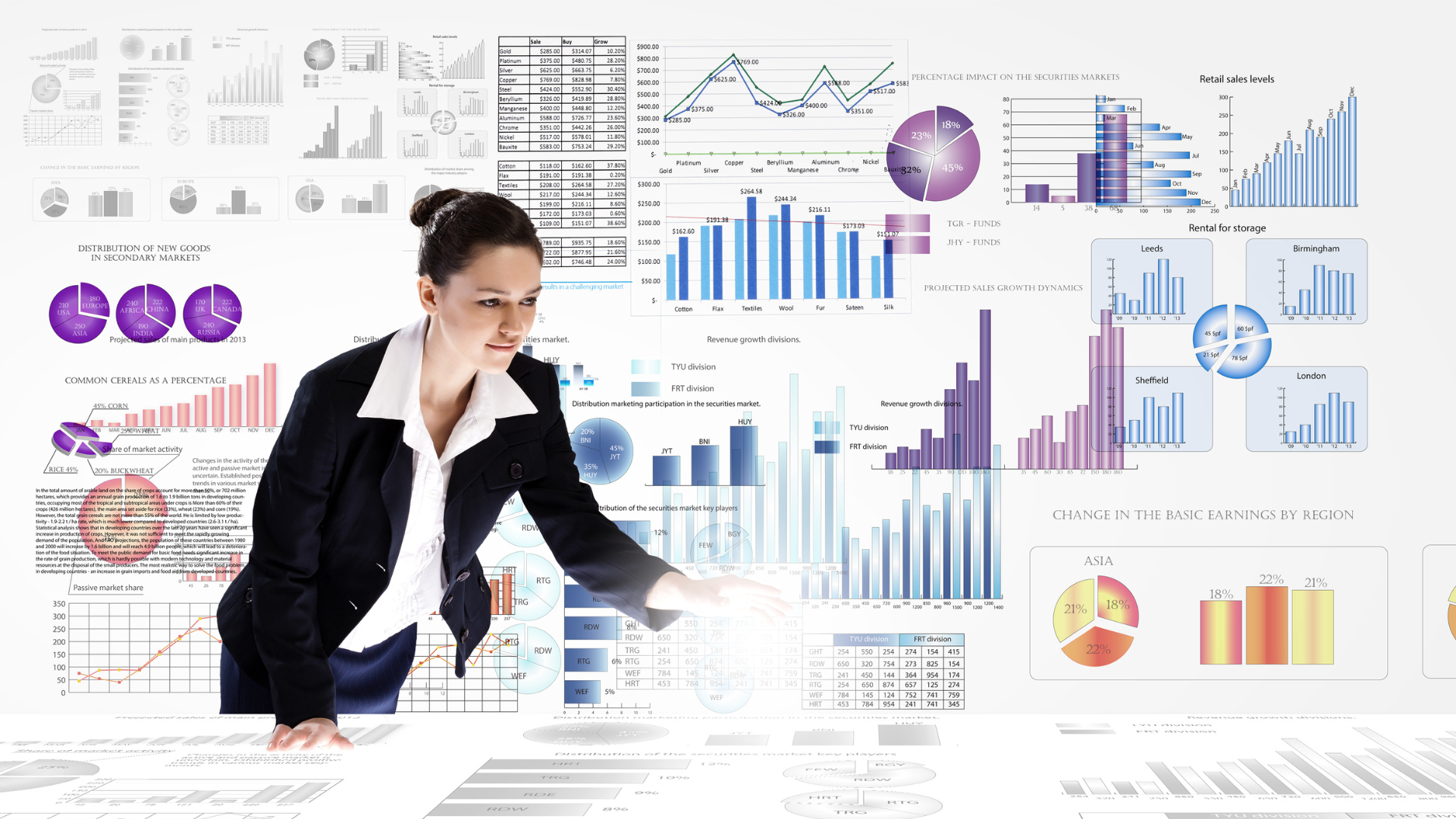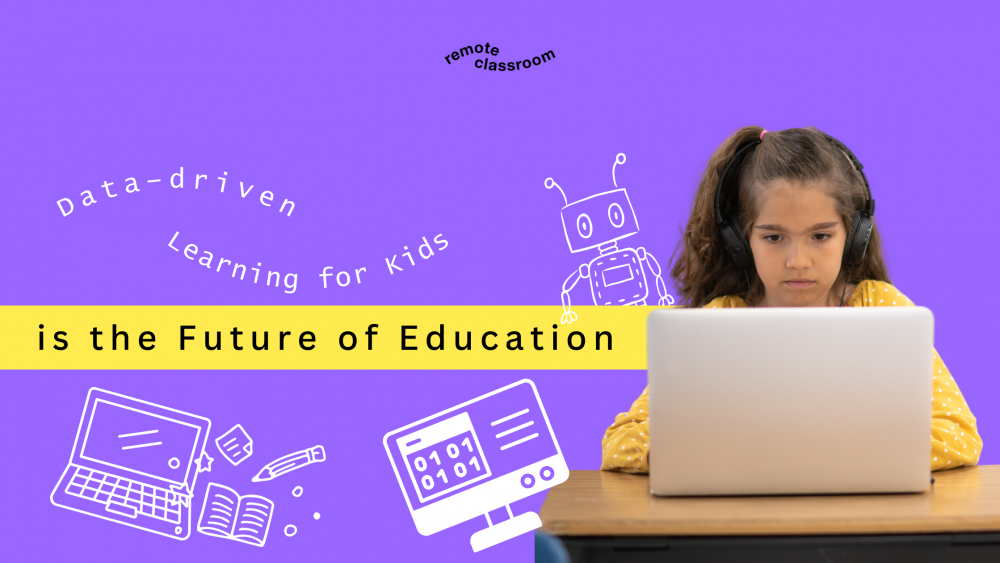In today’s digital age, Big Data is revolutionizing various sectors, and education is no exception. Currently, educational institutions leverage Big Data to enhance learning experiences, tailor instruction, and improve administrative efficiency. But this is just the beginning. As we look to the future, Big Data promises to transform education for the next generation, making it more personalized, efficient, and effective than ever before.
Personalized Learning Experiences
Customized Curriculum

A girl is interactively learning with her remote teacher. Image by Canva.
Big Data enables the creation of customized learning pathways for each student. By analyzing figures on students’ learning styles, preferences, and progress, educators can design curricula that cater to individual needs. This personalized approach helps in maximizing student engagement and success.
Adaptive Learning Technologies

Image by Canva.
Adaptive learning platforms use Big Data to adjust the difficulty and pace of lessons based on real-time student performance. These technologies ensure that students receive the right level of challenge and support, promoting better learning outcomes and reducing the achievement gap.
Enhanced Student Support
Predictive Analytics for Student Success

Image by Canva.
By utilizing predictive analytics, educational institutions can identify students at risk of falling behind. Early intervention strategies can then be implemented to provide the necessary support, whether through tutoring, counseling, or additional resources, ensuring that no student is left behind.
Mental Health Monitoring

Image by Canva.
Big Data also plays a crucial role in monitoring students’ mental health. By analyzing patterns in behavior, attendance, and academic performance, schools can identify signs of stress, anxiety, or depression and intervene proactively to support student well-being.
Data-Driven Decision Making
Improved Resource Allocation

Educational institutions can use Big Data to make informed decisions about resource allocation. By analyzing statistics on student needs and resource utilization, schools can ensure that funds are spent where they are most needed, improving the overall quality of education.
Optimized Administrative Processes

Image by Canva.
Big Data streamlines administrative processes, from enrollment and scheduling to budgeting and maintenance. This efficiency not only saves time and money but also allows educators to focus more on teaching and less on administrative tasks.
Future Trends in Big Data and Education
Artificial Intelligence Integration
The integration of artificial intelligence (AI) with Big Data will further revolutionize education. AI-powered systems can provide deeper insights into student learning patterns, automate administrative tasks, and even offer personalized tutoring.
Blockchain for Secured Data Management

Image by Canva.
Blockchain technology can enhance the security and transparency of educational information. This technology ensures that student records are tamper-proof and easily accessible, facilitating smoother transitions between educational institutions and employers.
Big Data is poised to transform the educational landscape, offering unprecedented opportunities to enhance learning experiences, support students, and optimize educational processes. As we embrace these technological advancements, it’s crucial for educators, policymakers, and technologists to collaborate in shaping an educational system that is equitable, effective, and future-ready.

